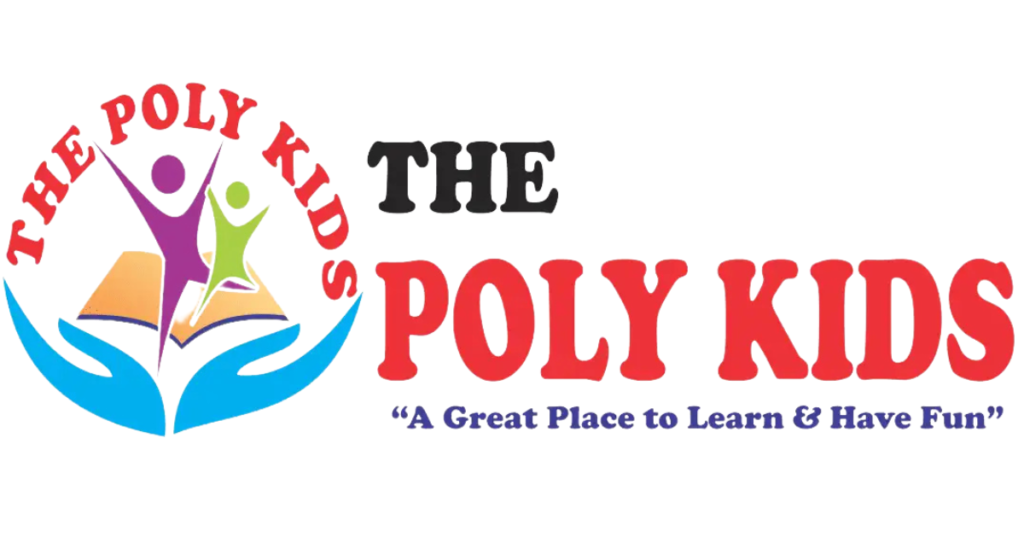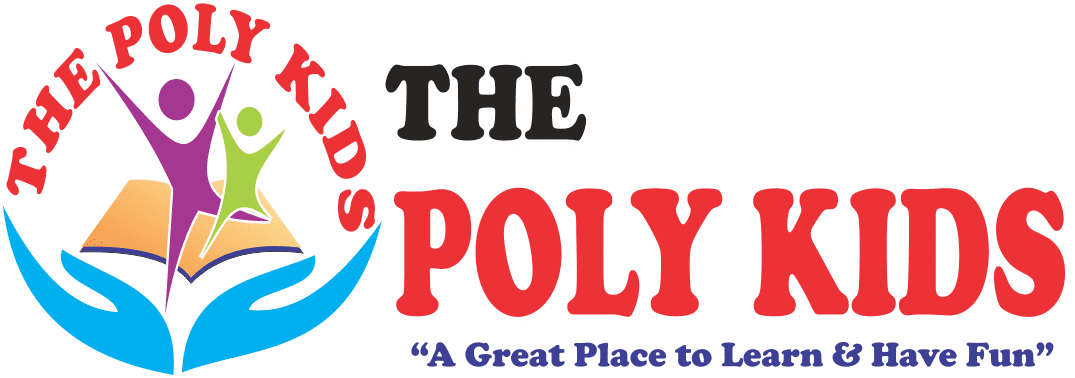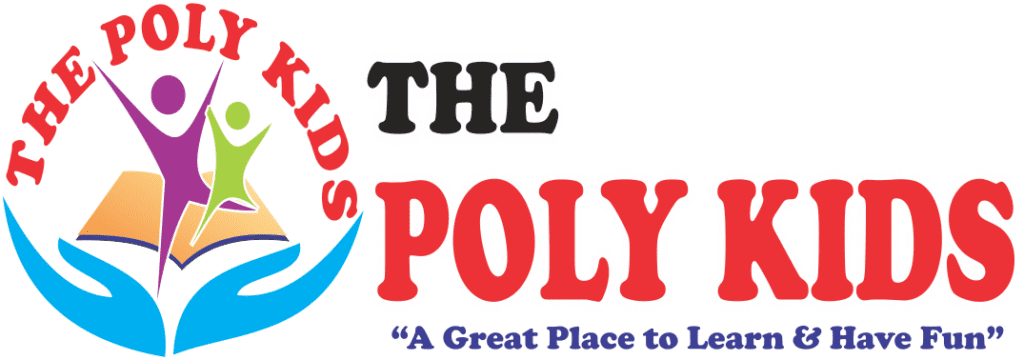Introduction: As parents, we want our children to excel in all areas of their education, and mathematics is no exception. At our institution, recognized as the best play school near me in Dehradun, we understand the importance of building strong foundations in math from an early age. In this blog post, we’ll explore the key math concepts and problem-solving skills that are essential for kindergarten students and how our curriculum fosters mathematical development.
- Understanding Math Readiness:
- Math readiness refers to a child’s preparedness to engage with mathematical concepts and problem-solving activities.
- It involves developing number sense, spatial awareness, and critical thinking skills.
- Best Play School Near Me:
- As the best play school near me in Dehradun, we prioritize math readiness as a cornerstone of our kindergarten program.
- Our curriculum is designed to scaffold children’s mathematical learning and ensure they develop a solid understanding of fundamental math concepts.
- Number Recognition and Counting:
- Kindergarten students learn to recognize and identify numbers from 1 to 10 and beyond.
- They engage in counting activities, such as counting objects, fingers, and dots, to develop one-to-one correspondence and understand the concept of quantity.
- Introduction to Basic Operations:
- Children are introduced to basic mathematical operations, such as addition and subtraction, through hands-on activities and manipulatives.
- They learn to combine and separate sets of objects to understand the concepts of addition and subtraction.
- Mathematical Vocabulary Development:
- Kindergarten classrooms incorporate mathematical vocabulary into daily routines and activities.
- Children learn words such as “more,” “less,” “equal,” “greater than,” and “less than” to describe quantities and compare objects.
- Exploration of Shapes and Patterns:
- Kindergarten students explore two-dimensional and three-dimensional shapes, such as circles, squares, triangles, and cubes.
- They identify and create patterns using objects, colors, and shapes, developing spatial reasoning skills in the process.
- Measurement and Comparison:
- Children engage in measurement activities using non-standard units, such as blocks or paper clips, to compare lengths, heights, and sizes.
- They learn concepts of longer/shorter, taller/shorter, heavier/lighter, and more/less.
- Introduction to Time Concepts:
- Kindergarten students begin to understand basic time concepts, such as morning, afternoon, and evening.
- They learn to sequence daily events and activities using words like “first,” “next,” “then,” and “last.”
- Problem-Solving Strategies:
- Problem-solving skills are emphasized in kindergarten classrooms through a variety of math-related tasks and activities.
- Children learn to identify problems, analyze situations, and apply appropriate strategies to find solutions.
- Hands-On Manipulatives and Tools:
- Kindergarten classrooms are equipped with a variety of hands-on manipulatives and tools, such as counting blocks, measuring tapes, and geometric shapes.
- These tools provide tactile experiences that help children develop a deeper understanding of mathematical concepts.
- Math Games and Activities:
- Math games and activities make learning fun and engaging for kindergarten students.
- Activities such as sorting, matching, and patterning reinforce mathematical concepts in a playful manner.
- Real-World Applications of Math:
- Kindergarten students explore real-world applications of math concepts in everyday contexts, such as shopping, cooking, and building.
- They learn to apply mathematical skills to solve practical problems and make sense of the world around them.
- Mathematical Reasoning and Critical Thinking:
- Kindergarten classrooms foster mathematical reasoning and critical thinking skills through open-ended tasks and problem-solving challenges.
- Children learn to make predictions, analyze data, and draw conclusions based on evidence.
- Differentiated Instruction:
- Kindergarten teachers use differentiated instruction to meet the diverse needs and learning styles of students.
- They provide individualized support and enrichment opportunities to ensure all children make progress in math.
- Integration of Math Across Subjects:
- Math concepts are integrated across various subjects in the kindergarten curriculum, including literacy, science, and social studies.
- For example, children may engage in measurement activities during science experiments or use math skills to analyze data in social studies.
- Assessment and Progress Monitoring:
- Kindergarten schools assess children’s math skills and progress using a variety of methods, including observation, informal assessments, and standardized tests.
- Teachers use assessment data to inform instruction and provide targeted interventions as needed.
- Parent Involvement in Math Learning:
- Parents are encouraged to support their child’s math learning at home through activities, games, and discussions.
- Family math nights and workshops provide opportunities for parents to engage with their child’s mathematical development.
- Building Confidence in Math:
- Kindergarten classrooms create a supportive environment where children feel confident to take risks and make mistakes in their mathematical learning.
- Positive reinforcement and encouragement build children’s confidence and motivation to engage with math.
- Community Partnerships for Math Enrichment:
- Kindergarten schools collaborate with community partners, such as museums, libraries, and STEM organizations, to provide math enrichment opportunities for students.
- Field trips and guest speakers expose children to real-world applications of math and inspire curiosity and interest in the subject.
- Preparation for Primary School:
- By building strong foundations in math during kindergarten, children are better prepared for success in primary school and beyond.
- The math skills and problem-solving strategies they acquire lay the groundwork for continued academic achievement in mathematics.
Conclusion: In conclusion, building strong foundations in math is essential for kindergarten students as they embark on their educational journey. As the best play school near me in Dehradun, we are committed to providing a rich and engaging math curriculum that fosters mathematical understanding, problem-solving skills, and a love for learning. Through hands-on activities, differentiated instruction, and real-world applications, we empower children to become confident and competent mathematicians who are ready to tackle the challenges of the future.
daycare centre school in dehradun|kindergarten school in dehradun|primary school in dehradun|pre school in dehradun|nursery school in dehradun|play school in dehradun|pre primary school in dehradun|Best Play School in dehradun|Top Pre school in dehradun|


